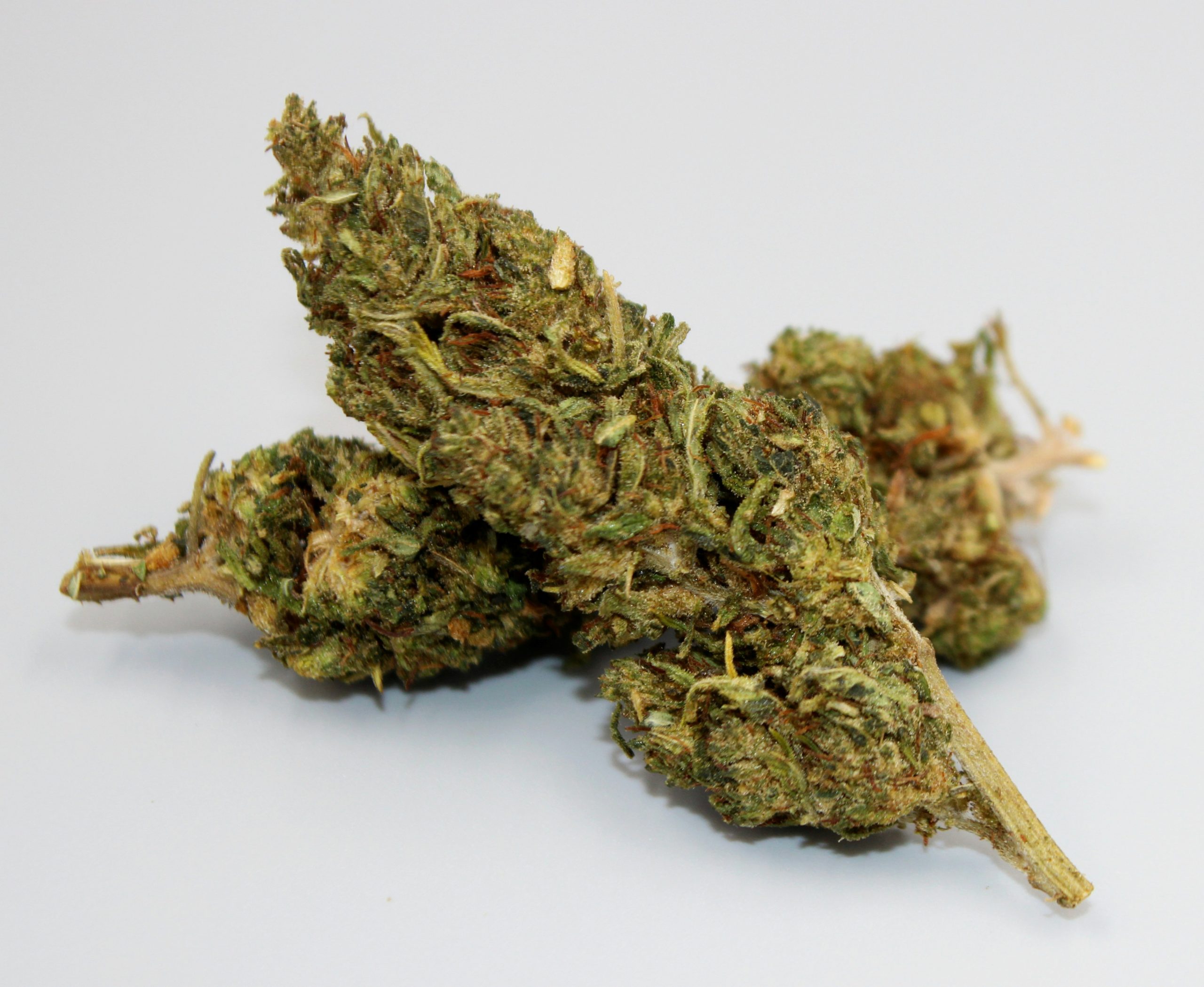Recognizing THCA
THCA is a non-psychoactive leader to THC (tetrahydrocannabinol), the substance in charge of the euphoric results generally connected to marijuana. Unlike THC, thca flowers does not create drunkenness when consumed in its raw form. Instead, it provides various feasible therapeutic benefits, containing anti-inflammatory, neuroprotective, and anti-emetic homes.
The Increase of THCA Flowers
Commonly, cannabis intake has concentrated on THC-rich stress for recreation and medical features. However, the existing studies right into the healing opportunity of THCA have sparked an interest in growing marijuana, especially replicating it to take full advantage of THCA material. These stresses, often described as THCA flowers, are thoroughly grown to maintain the security of the THCA particle with specialized expanding strategies.
Genes
The foundation of cultivating high-grade THCA flowers depends upon selecting the most effective genes. Various cannabis stress displays varying levels of THCA production, with some being genetically inclined to produce a higher focus of this cannabinoid. Farmers frequently choose strains recognized for their high THCA web content, such as Wedding Occasion Cake, Mimosa, or Purple Punch. Additionally, choosing stable genes with more suitable features, such as illness resistance, exhausting development, and excellent flowering times, can add to reliable growing.
Environmental Issues
Developing an ideal growing setup is necessary for taking full advantage of THCA manufacturing. Cannabis plants flourish carefully in conditions like temperature, moisture, light, and airflow. Inside farming allows cultivators to control these eco-friendly facets precisely, ensuring constant and state-of-the-art flower manufacturing. Keeping temperature levels between 70-85 ° F( 21-29 ° C) throughout the day and a little minimized throughout the evening, together with family member moisture degrees of 40-60%, fosters healthy and well-balanced plant growth and THCA growth.
The Endocannabinoid System
To comprehend the duty of THCA flowers in integrative healthcare, it’s important to understand the endocannabinoid system (ECS). The ECS is a difficult network of receptors, enzymes, and endocannabinoids throughout the body, controlling various physical processes, such as discomfort experience, state of mind, hunger, and immune features. Both THC and THCA interact with the ECS, albeit with various systems, affecting its task and possibly contributing to healing impacts.
Possible Advantages of THCA Flowers
The study suggests that THCA could supply various wellness benefits, making it a motivating candidate for integrative healthcare strategies. Some potential advantages of THCA blooms include the following:
Anti-Inflammatory Qualities: THCA displays effective anti-inflammatory residential or commercial properties, which could be beneficial in handling conditions recognized by swelling, such as joint inflammation and inflammatory digestive tract conditions.
Neuroprotective Effects: THCA exposes guarantee in safeguarding nerve cells from damage, possibly using restorative benefits in neurodegenerative health problems like Alzheimer’s and Parkinson’s.
Anti-Nausea and Appetite Exhilaration: THCA helps alleviate nausea or vomiting and promote appetite, making it helpful for people undergoing radiation treatment or dealing with craving loss due to numerous other scientific problems.
Pain Tracking: A preliminary research study recommends that THCA may have analgesic properties, offering relief from pain connected with various troubles, including neuropathy and persistent discomfort disorders.
Applications in Integrative Medical Care Practices
Integrative medical care experts are gradually incorporating THCA blooms into their therapy treatments, identifying their points of view to complement conventional treatments and advertise holistic health. Some ways in which THCA flowers are being utilized in integrative healthcare include:
Discomfort Management: THCA flowers might be made use of as part of a detailed pain surveillance plan, either alone or with numerous other therapies, to aid in minimizing pain and improving the way of life for people with relentless discomfort conditions.
Anti-Inflammatory Treatment: An integrative doctor might recommend THCA flowers as a natural anti-inflammatory remedy for troubles such as joint inflammation, fibromyalgia, and autoimmune problems, helping to lower swelling and related symptoms and signs.
Supportive Care in Cancer Cells Treatment: THCA flowers may motivate cancer cell treatment by alleviating chemotherapy-induced nausea and promoting hunger, enhancing clients’ total comfort and nutritional intake throughout treatment.
Mood Legislation: Some people might gain from the mood-regulating effects of THCA, specifically those dealing with anxiousness, clinical depression, or state of mind problems. Integrative techniques that incorporate THCA flowers, treatment, and numerous other interventions might supply detailed aid for emotional wellness.
Factors to Consider and Precautions
While THCA flowers hold assurance as a healing representative in integrative treatment methods, they should be used with care and awareness. Below are some factors to consider and safety measures to remember:
Legal and Governing Factors To Think about: The lawful standing of marijuana and cannabis-derived products, including THCA blooms, differs by area. People and doctors ought to acquaint themselves with appropriate regulations and plans for managing their usage.
Quality and Pureness: Ensuring the high quality and purity of THCA blooms is vital. People ought to look for items from commendable sources that abide by strenuous quality control standards and undergo third-party testing for effectiveness and contamination.
Dosage and Administration: Finding the perfect dose and administration method for THCA flowers requires careful consideration of individual components such as age, weight, medical history, and sensitivity to cannabinoids. Consulting with an enlightened doctor is advisable to produce a tailored treatment plan.
Potential Medication Communications: THCA might contact particular medications, specifically those metabolized by the liver enzymes CYP2C9 and CYP3A4. People have to disclose their cannabis usage to doctors to relieve the risk of unfavorable interactions.
Final thought
THCA flowers are an amazing expedition technique in integrative health care strategies. With their possible anti-inflammatory, neuroprotective, and symptom-relieving homes, THCA blooms use an all-natural method for wellness that aligns with the principles of integrative medication. However, additional research is needed to completely comprehend their task gadgets, ideal application techniques, and long-term safety account. By embracing evidence-based integrative techniques that incorporate THCA flowers and conventional therapies, medical professionals can urge people to acquire maximum health, wellness, and health, taking care of the complex interplay of physical, psychological, and spiritual healing elements.
